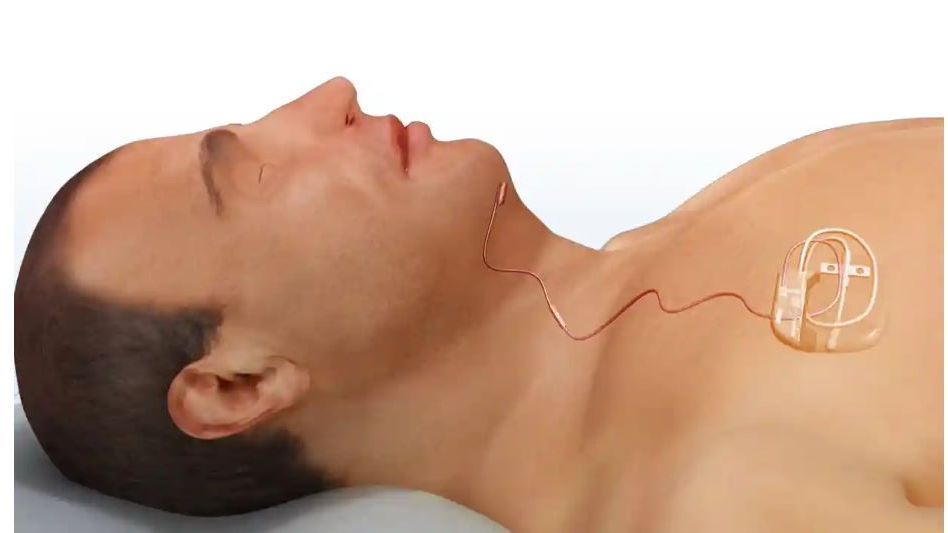A device placed on the chest under the skin prevents the tongue from blocking the airway
The intervention to install them lasted just one hour and drastically reduced the apneic episodes
An estimated two million people in Spain suffer from this sleep disorder, although the vast majority go undiagnosed
A team from the London Hospital Sleep Disorders Centre Guy’s and St. Thomas’belonging to the National Health System, tested a pioneering therapy against sleep apnea.
The trial, which has benefited three patients, consists of a implant placed in the chest which prevents them from suffocating while they sleep.
Sleep apnea is one of the most common sleep disorders. Influence billion adults Inside the world. In Spain an estimated two million suffer from this disease and in England, where the study was carried out, 1.5 million. The problem is that most go undiagnosed.
Those who suffer it drag fatigue and numbness throughout the day and are more prone to heart problems or stroke risk.
Jacobu Karagam, surgeons at Guy’s and St Thomas’ Hospital have performed the implant three devices in patients with obstructive sleep apneaThe most common apnea, which occurs when the tongue blocks the airway when lying down, is more common in people who are obese or overweight.
Stimulation implant hypoglossal nerve (which innervate the extrinsic muscles of the tongue and geniohyoid muscles) take over to prevent forced closure blocking airflow. Implants have pacemaker size or a 5 euro cent coin and being inserted under the skin of the chest in an operation that lasts nearly an hour.
Device has two millimeters and 30 centimeters thick cable long, under the skin, reaches the nerves that move the tongue. “It works by stimulating the tongue muscles to contract forward and pulling the tongue out of the throat to allow air to flow in and out of the lungs. Nothing is visible beyond the skin,” says Dr. Karagama.
The implant is activated via a divert, the size of a computer mouse, which must be clicked 30 minutes before going to bed.
Promoter of the trial confirmed that the device could be a great alternative in patients for whom other methods have not been successful in reducing or eliminating their apnea problem.
One of the patients who has received implantsMatias Winker, 40 years old, confirms that his apnea episodes have gone from 36 or 40 nights to three or four nights, and he wakes up with more energy after better quality sleep. “I’m not constantly tired anymore,” she told The Guardian.
A less invasive comprehensive approach
In Spain, scientists from the University of Granada has proposed the integral method, less invasive, against sleep apnea. In April 2022, they explained that the key to their essay was summarized in five basic points: exercise, nutrition, no tobacco, no alcohol, and changing sleep habits. In this way, the study proposes an eight-week interdisciplinary treatment of weight loss and lifestyle changes – including nutrition education, physical exercise, tobacco and alcohol cessation, and sleep hygiene.

“Internet trailblazer. Troublemaker. Passionate alcohol lover. Beer advocate. Zombie ninja.”







